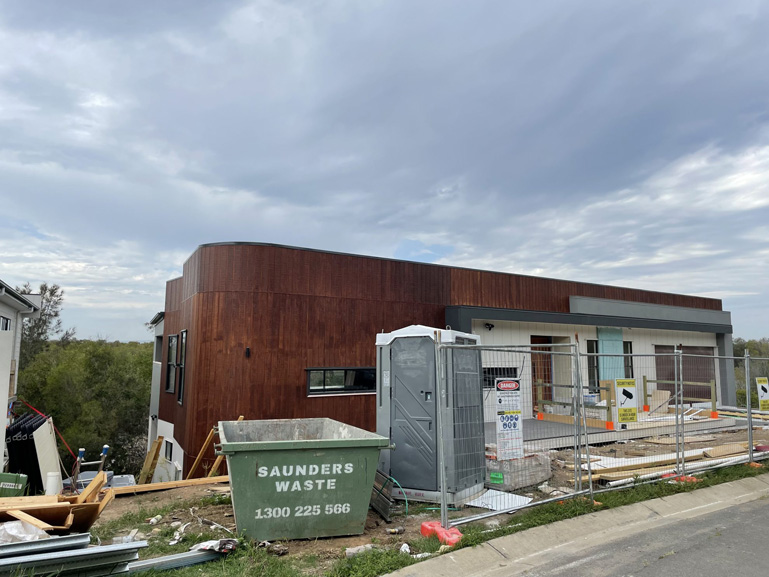Introduction:
Effective waste management is a crucial aspect of any project, whether it’s a home renovation, construction site, or a garden cleanup. Two popular options for waste disposal are skip bins and skip bags. Each has its own set of advantages and disadvantages, and the choice between them depends on various factors such as the scale of your project, convenience, and cost considerations. In this blog post, we will explore the pros and cons of skip bins and skip bags to help you make an informed decision for your waste disposal needs.
Skip Bins:
Pros:
Capacity: Skip bins come in various sizes, ranging from small to large, accommodating different project scales. This makes them suitable for both residential and commercial projects.
Convenience: Once you’ve filled a skip bin, the waste management company will pick it up and replace it with an empty one, providing a convenient and efficient waste removal solution.
Versatility: Skip bins can handle a wide range of waste types, including general household waste, construction debris, green waste, and more. This versatility makes them suitable for diverse projects.
Cons:
Space Requirements: Skip bins require a dedicated space for placement, which may not be feasible in areas with limited space. Additionally, permits may be required for placing skip bins on public property.
Cost: Skip bins can be more expensive than skip bags, especially for smaller projects. The cost may include delivery, pickup, and disposal fees.
Skip Bags:
Pros:
Flexibility: Skip bags are portable and can be stored flat when not in use. This flexibility makes them ideal for projects where space is limited or when waste removal is needed in multiple locations.
Cost-Effective for Small Projects: Skip bags are often more cost-effective for smaller projects, as you only pay for the bag and collection service when needed.
Cons:
Limited Capacity: Skip bags may have limited capacity compared to larger skip bins, making them less suitable for large-scale projects.
Less Convenient for Continuous Use: If your project generates a constant stream of waste, the frequent need for collection and replacement may be less convenient compared to having a skip bin on-site.
Choosing the Best Option for Your Project:
Consider the Project Scale: For larger projects with substantial waste generation, a skip bin may be more suitable. For smaller projects or those with space constraints, a skip bag may be a better choice.
Evaluate Cost: Compare the overall cost, including delivery, pickup, and disposal fees, to determine which option aligns with your budget.
Assess Space Availability: If space is limited or permits are difficult to obtain, a skip bag may be a more practical solution.
Check Waste Types: Ensure that the chosen option can accommodate the types of waste generated by your project.
Be Aware:
In certain instances, opting for a skip bin rental can be more cost-effective than purchasing a skip bag, underscoring the importance of reaching out to a skip bin provider before considering the purchase of a skip bag from a local hardware store.
Conclusion:
Both skip bins and skip bags offer effective waste disposal solutions, each with its own set of advantages and disadvantages. The best choice depends on the specific requirements of your project, including scale, space availability, and budget considerations. By carefully evaluating these factors, you can make an informed decision to ensure efficient and cost-effective waste management for your next project.
Check out our latest two blogs below.
Budget-Friendly Tips for Skip Bin Hire
Skip Bins vs The Dump: Which One Is Better?
Follow us on our socials below.
Subscribe to our Youtube Channel here!

